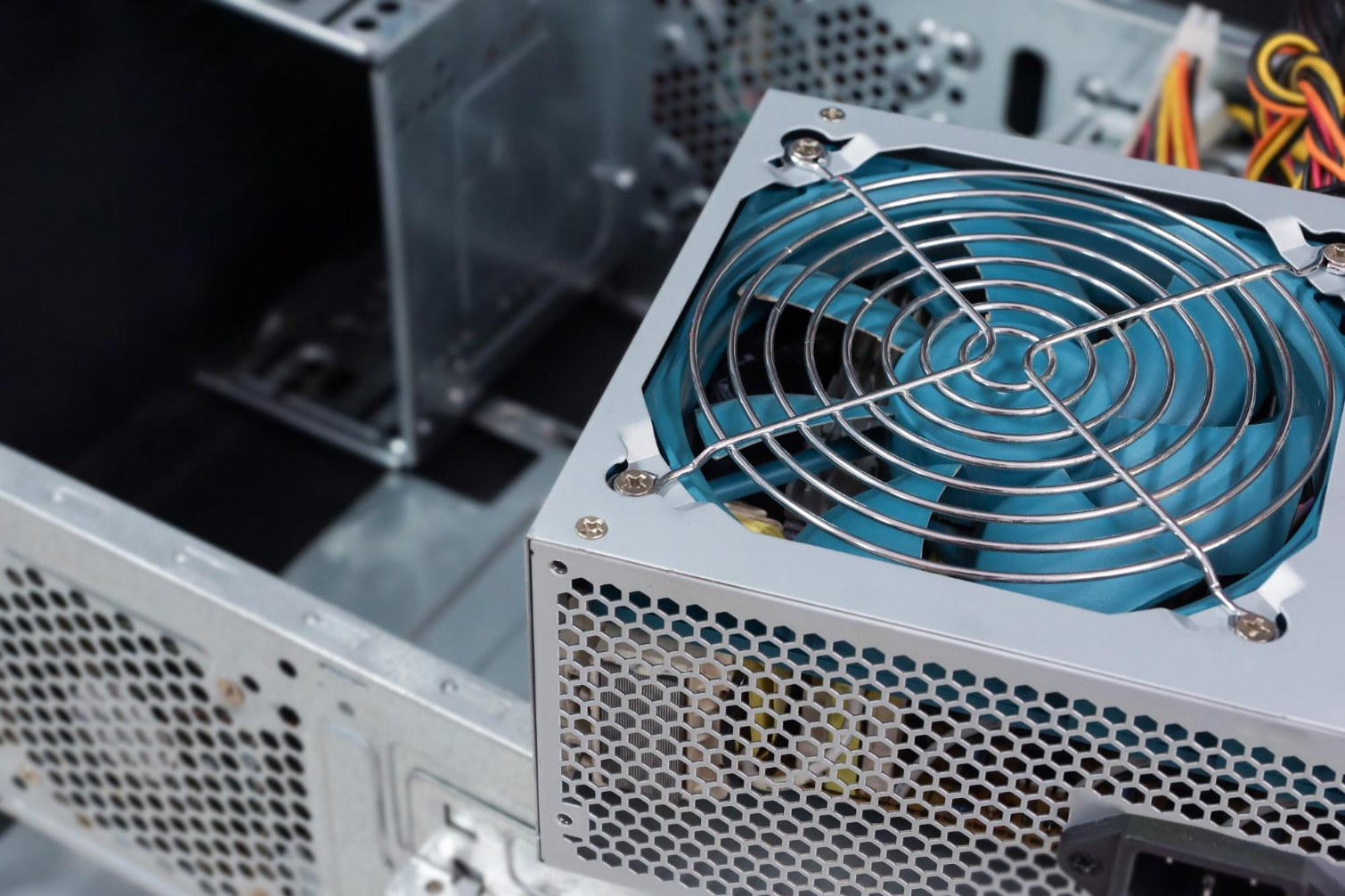What Is OPP? Power Supply Overpower Protection Explained
Are you down with OPP? Well, if you care about protecting your power supply (PSU) or your PC’s other components, you should be. OPP, short for overpower protection, also known as overload protection (OLP), is an important safety feature found in the best power supplies.
A power supply’s OPP function protects it from short circuit or overload by turning off the power supply if the amount of power pulled from the power supply surpasses its maximum rated wattage.
However, must power supplies give you a little wiggle room, usually allowing the power supply unit to pull typically 50-100W more than its maximum rated capacity. For example, the Cooler Master V850 Platinum’s OPP kicks in at 1347.18W, 158% of its 850W max DC output specification.
OPP is particularly important in single-rail +12V PSUs, where overcurrent protection (OCP) doesn’t really do much.
OPP vs. OCP
OPP is not to be confused with OCP (overcurrent protection), another PSU protection feature. OPP basically prevents the power supply from using more current than the PSU’s rating permits and it is implemented on the primary side (APFC converter), while OCP is implemented on the secondary side.
A power supply can have both OPP and OCP and use them concurrently.
This article is part of the Tom's Hardware Glossary.
Get Tom's Hardware's best news and in-depth reviews, straight to your inbox.
Further reading:

Scharon Harding has over a decade of experience reporting on technology with a special affinity for gaming peripherals (especially monitors), laptops, and virtual reality. Previously, she covered business technology, including hardware, software, cyber security, cloud, and other IT happenings, at Channelnomics, with bylines at CRN UK.
